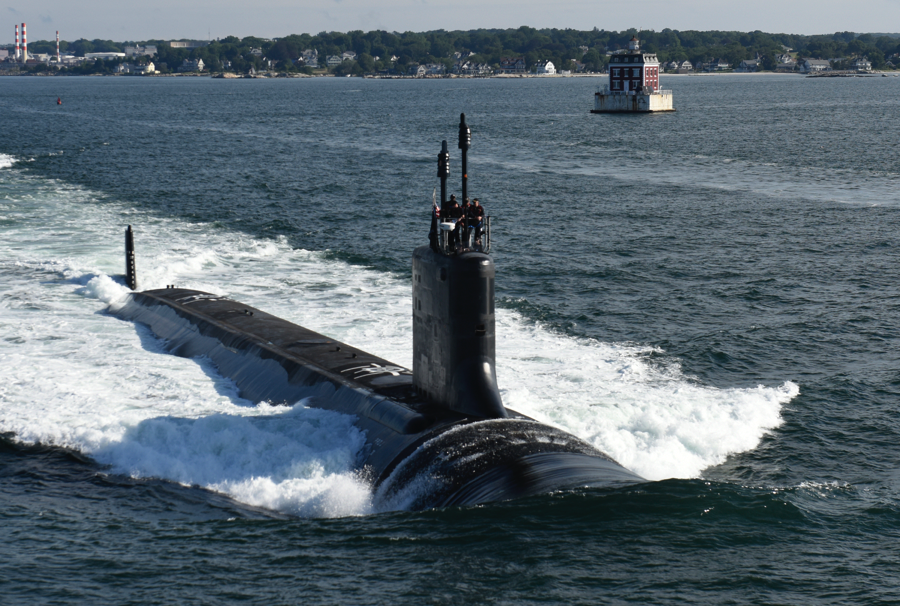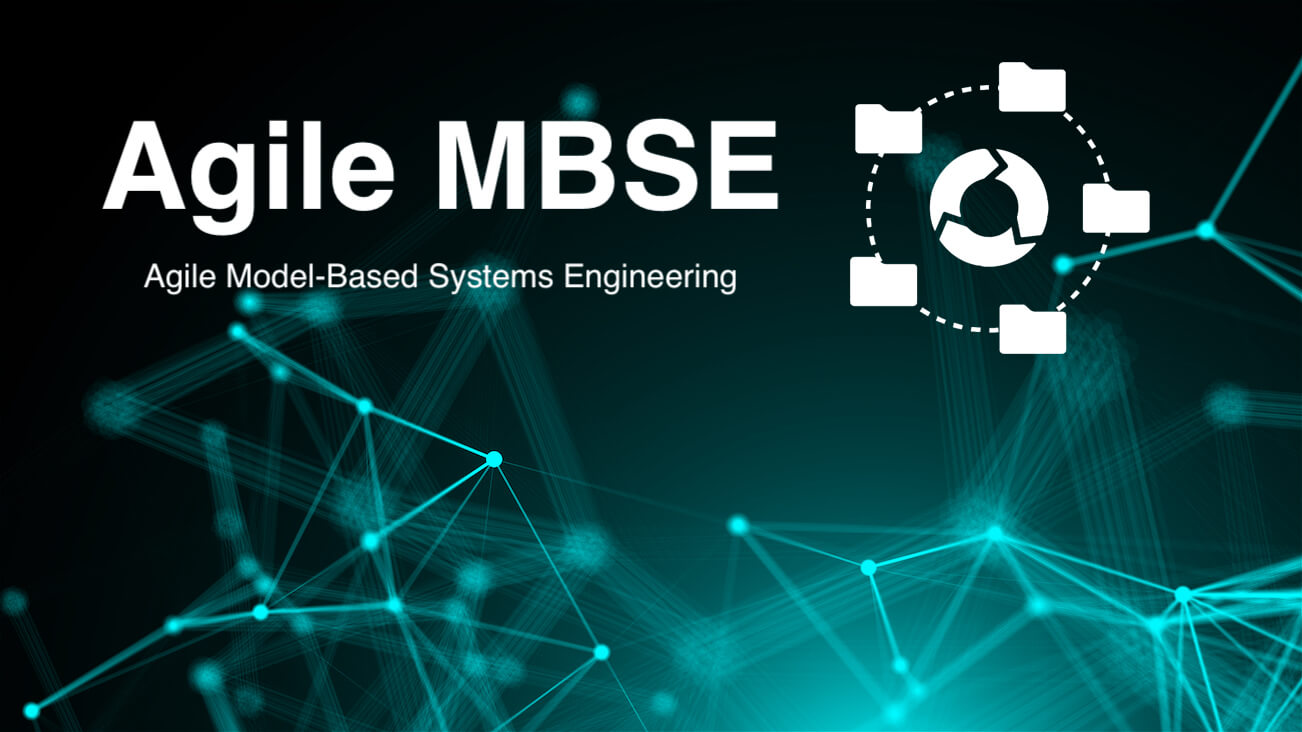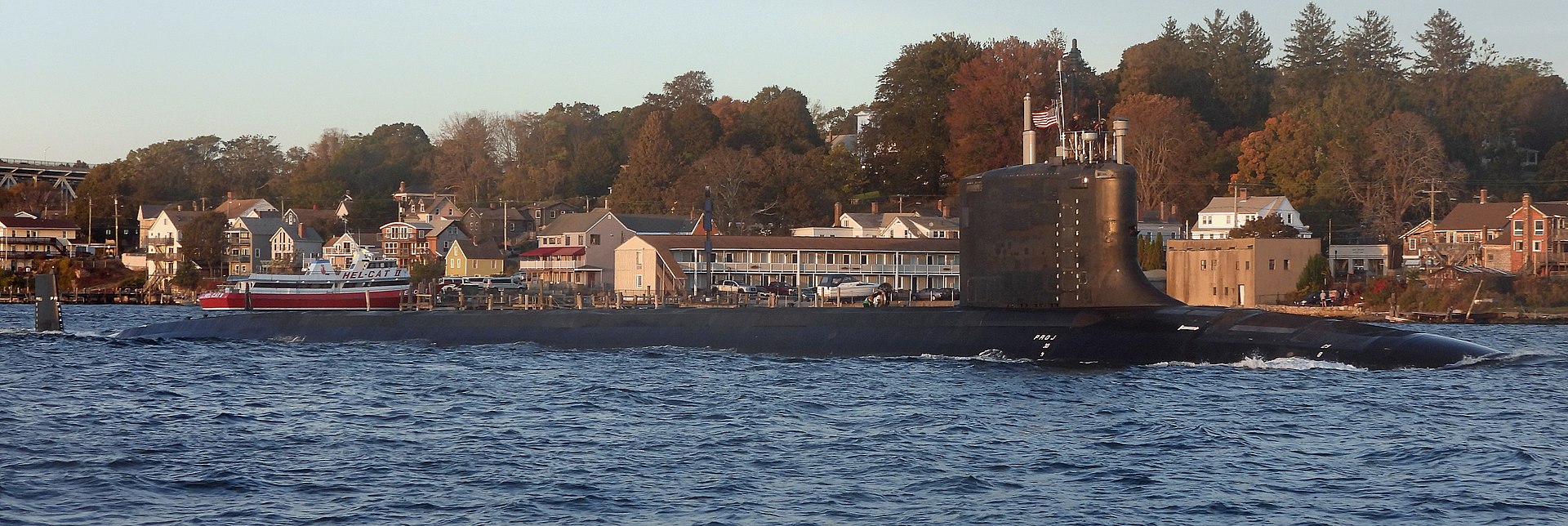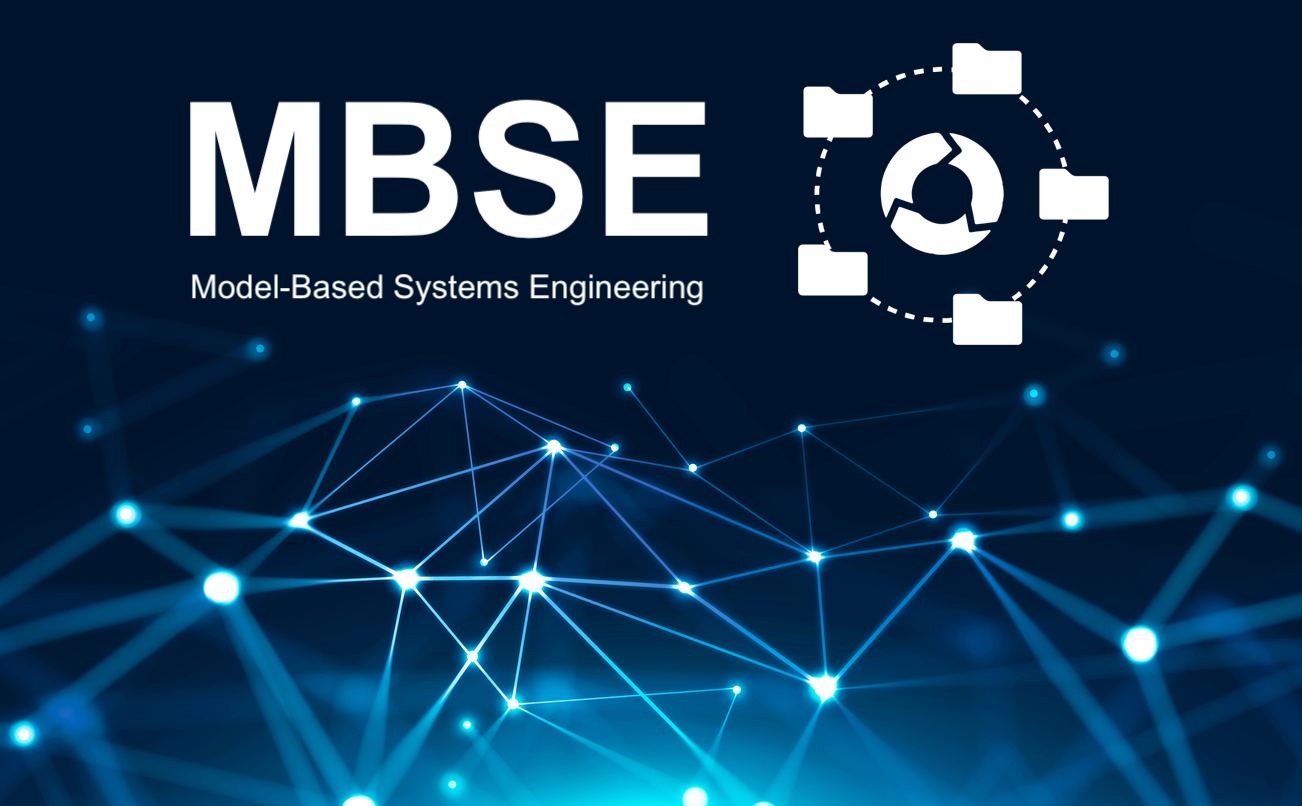What follows is an analysis of a preceding post, Information Advantage for Commanding Officers,which tells a story about a future use of an intelligent agent system on a U.S. Submarine during an onboard fire in the year 2026.
The fictional brief about a future fire on USS NEW ENGLAND is a realistic story that illustrates some of the features that an intelligent agent might provide and the role it could play in future damage control situations. At Rite-Solutions, we see a future where an Information Advantage will be vitally important. But it will be challenging to achieve, for two reasons.
First, we envision a time very soon, when the U.S. will rapidly develop lightweight, expendable, lost-cost, unmanned sensors that can be globally deployed in support of national maritime aims. We illustrated this story with damage control and personnel sensors only because these are easy to imagine, but we think the forms of near-future sensors are practically limitless. Further, it is certain that future systems, no matter what their form, will carry multiple sensors. The data volume from these future sensors will be incredible by today’s standards.
Second, our most significant global competitors are not sitting idle. They are strongly motivated to take a similar path and are already making significant inroads in cyber and sensor developments. There will be much more data to be mined, and it will be difficult to achieve an Information Advantage over our competitors.
To meet this challenge, we think that the time has come for a sophisticated intelligent agent program that can achieve and maintain an Information Advantage for our armed forces. Here are some of the characteristics and considerations for such a system that were illustrated by the story:
- An intelligent agent should be designed from the start with human users firmly in mind. The agent will actually be part of the team and regarded as an essential team member. It will not be human of course, but it will certainly offer advice and respond to queries. It will be important for the agent to be intelligent, and also, to be trusted.
- The intelligent agent should synthesize the information from as many sensors as possible to bring a comprehensive and complete picture to the team. That said, it cannot overwhelm them with data. Much of the “thinking” and analysis of this data will have to be done by the agent, and presented to the team in a refined form that can be managed by human operators.
- New ways of visualizing data will be needed and discovered. One of the strengths of human cognition is its ability to recognize and interpret patterns in information. The intelligent agent will leverage this.
- Robust architecture will be a key feature of the intelligent agent system. The aim is not to replace sensor systems with a new piece of software, but rather to leverage existing systems. This will require an open and carefully designed architecture to receive and communicate seamlessly with legacy data systems. Additionally, we should expect that many organizations will have ideas for subsystems that will add features to the agent. Open architecture will unlock design creativity.
- Equipment, people, manned and unmanned vessels, shipyards, and hospitals will be “seen” as nodes in this system. The result may be a significantly distributed cast of people from many disciplines, separated geographically, who will be brought together for missions. The idea of a team, while certainly still valid on ships, submarines, and aircraft, will need to be expanded to include humans not present and systems like the intelligent agent who behave like team members.
- The intelligent agent should be capable of learning. Over time, its experience will make it an even more capable, reliable, and trusted member of the team.
- One of the most important features of Information Advantage, is that it helps to reduce safety risks to humans or to repurpose them for tasks where human judgment is essential. Fleet decision makers will use the intelligent agent to make risk tradeoffs.
- Although the story illustrated a damage control situation, a realistic application of the intelligent agent will include military systems across the full spectrum of combat. Having an Information Advantage will reduce our decision-cycle times with opposing forces, allowing the application of force at the time of our choosing and to our strategic and tactical advantage.
Now is the time to begin development of an intelligent agent. We can’t afford to be surprised by the need for managing an unanticipated level of data that is foreseeable as new vehicles and sensors are getting into the field.






